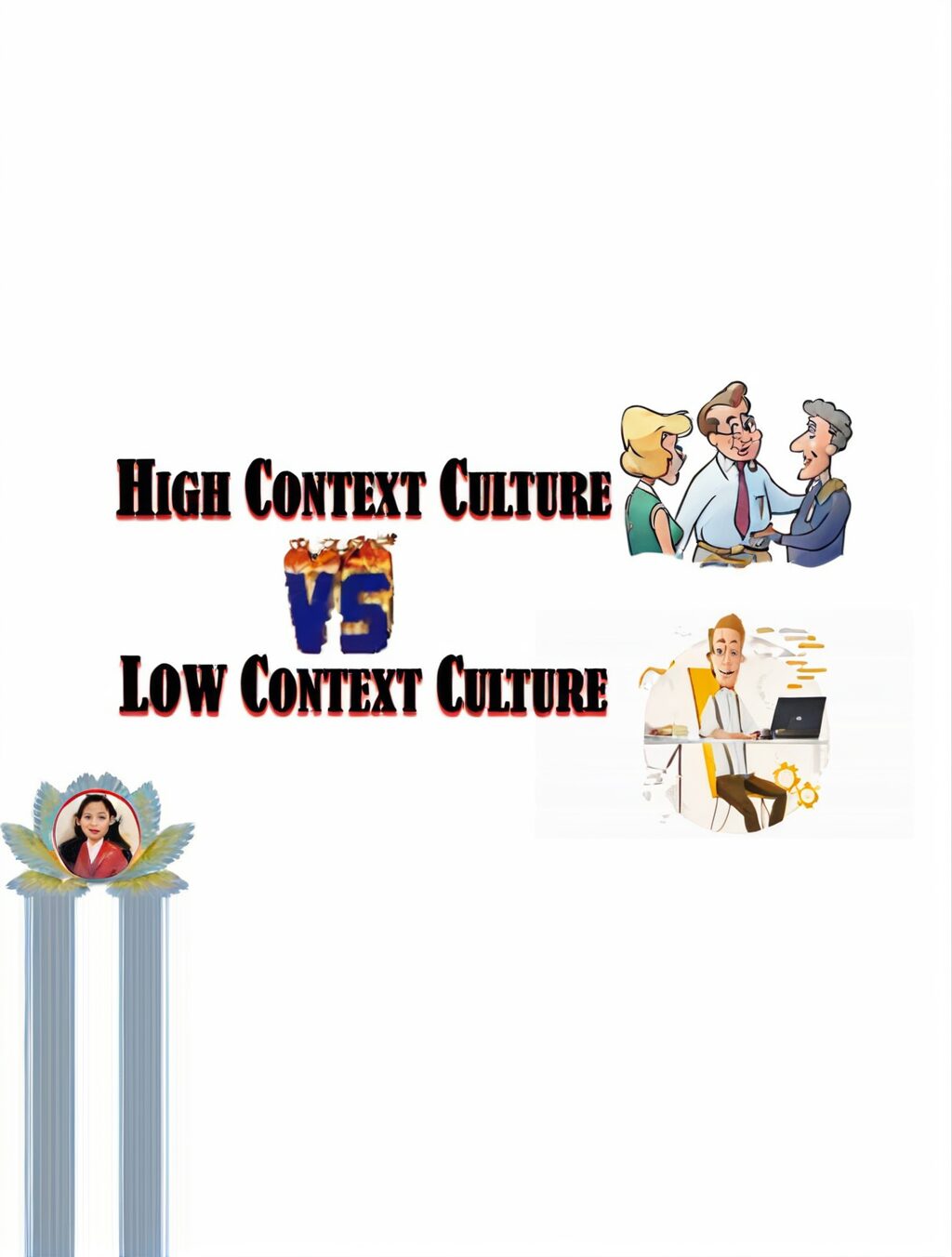
**Japan’s High-Context Culture: Understanding the Implicit**
Japan is well-known for its high-context culture, where the majority of communication takes place through unspoken cues and shared understanding rather than explicit verbal expression. This can make it challenging for outsiders to navigate, but it’s a fascinating aspect of Japanese society that offers valuable lessons in communication and cultural sensitivity.
Understanding the Basics
– **Context is king:** In high-context cultures, the context in which a message is delivered is just as important as the message itself. Nonverbal cues, body language, and shared experiences all play a significant role in shaping the meaning of communication.
– **Relationships matter:** Relationships are highly valued in Japan, and they form the foundation for most communication. Building strong relationships is essential for effective communication and business dealings.
– **Indirectness is preferred:** Japanese people tend to avoid direct confrontation or disagreement. Instead, they often use indirect language, euphemisms, and subtle hints to convey their thoughts and feelings.
Benefits and Challenges
* **Strong community ties:** High-context cultures foster a sense of community and belonging, as people rely on each other for support and guidance.
* **Smooth communication:** When everyone is on the same page, communication can be efficient and effective, with little need for explicit explanation.
* **Cultural misunderstandings:** For those not familiar with high-context communication, misunderstandings can easily arise due to the reliance on unspoken cues.
* **Communication barriers:** Individuals from low-context cultures may find it difficult to fully comprehend the nuances of high-context communication.
FAQs
– **Why is Japan considered a high-context culture?** Japan’s history, collectivist values, and emphasis on relationships have all contributed to its high-context communication style.
– **How can I communicate effectively in a high-context culture?** Pay attention to nonverbal cues, build relationships, and be sensitive to indirect communication.
Conclusion
Understanding Japan’s high-context culture is crucial for effective communication and building relationships in the country. By embracing the nuances of unspoken cues and shared understanding, we can bridge cultural divides and foster meaningful connections.
japan high context culture

japan high context culture
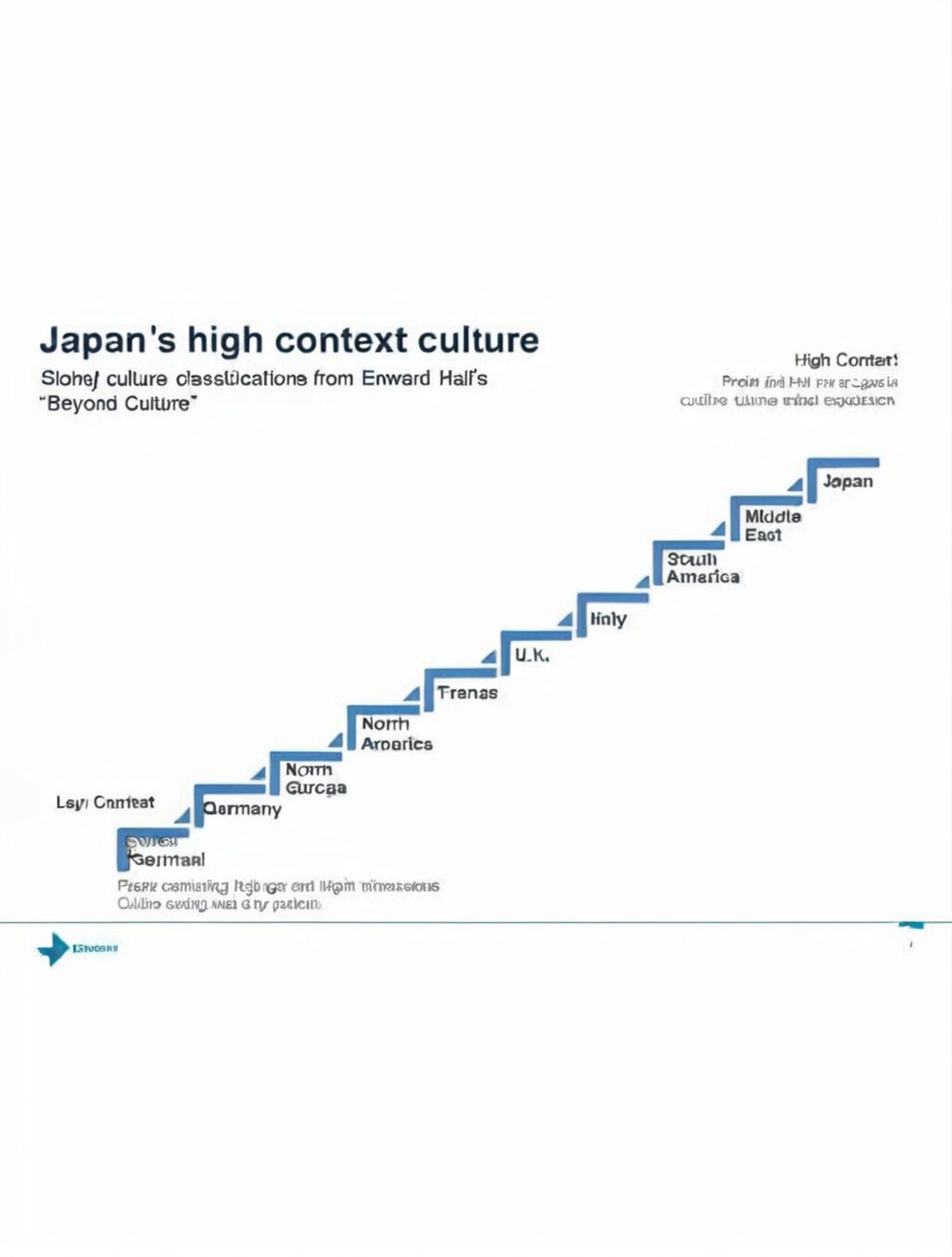
japan high context culture
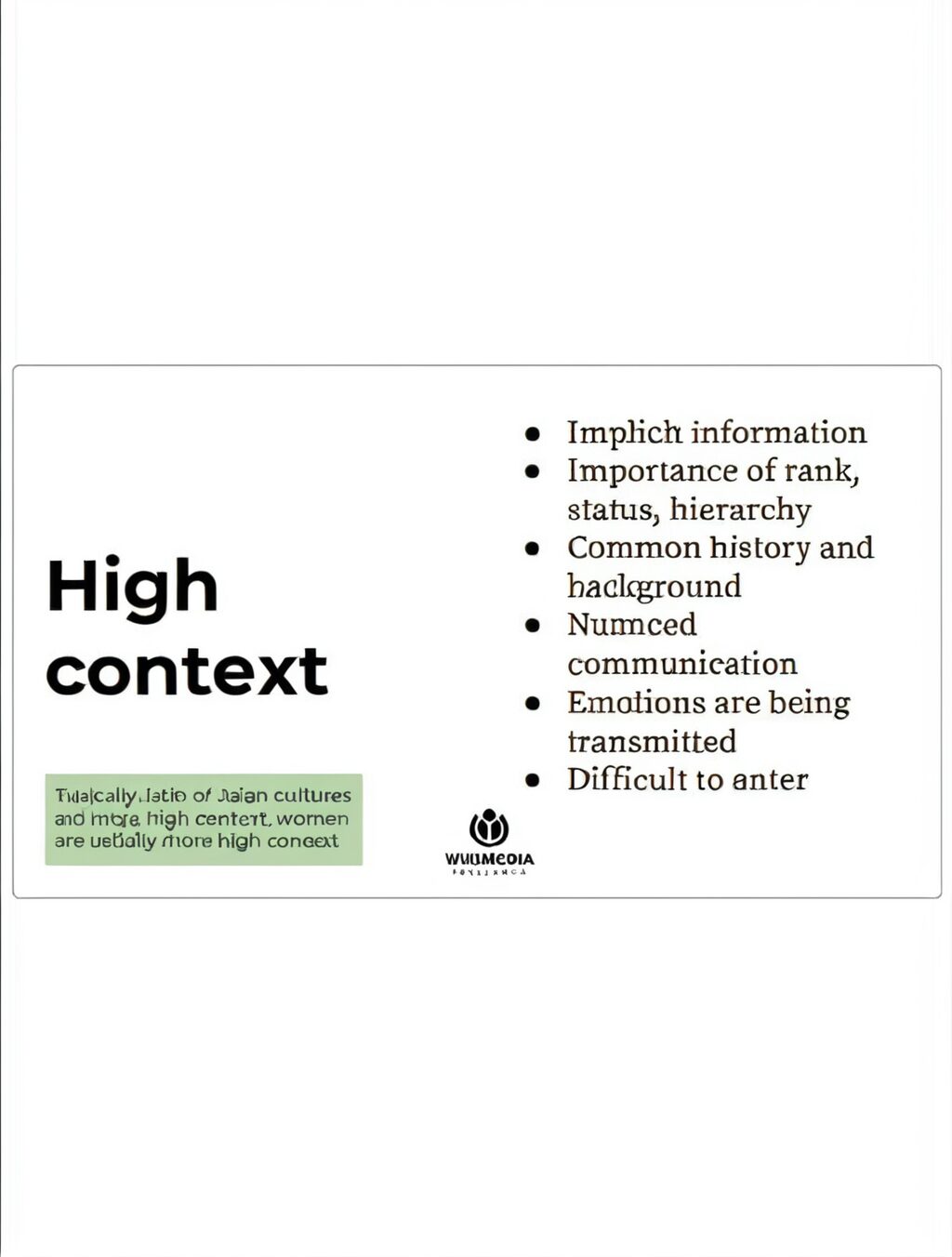
japan high context culture
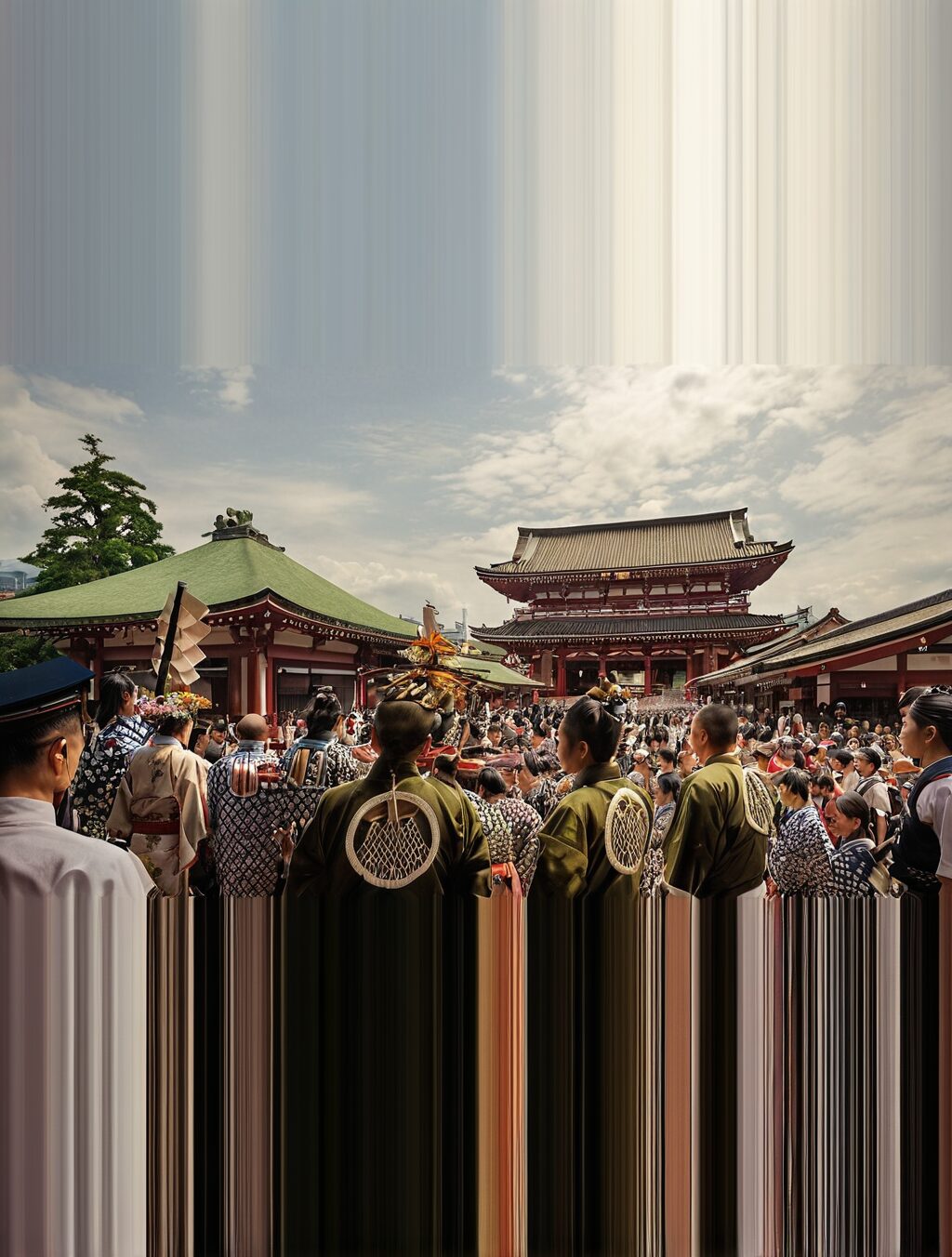
japan high context culture
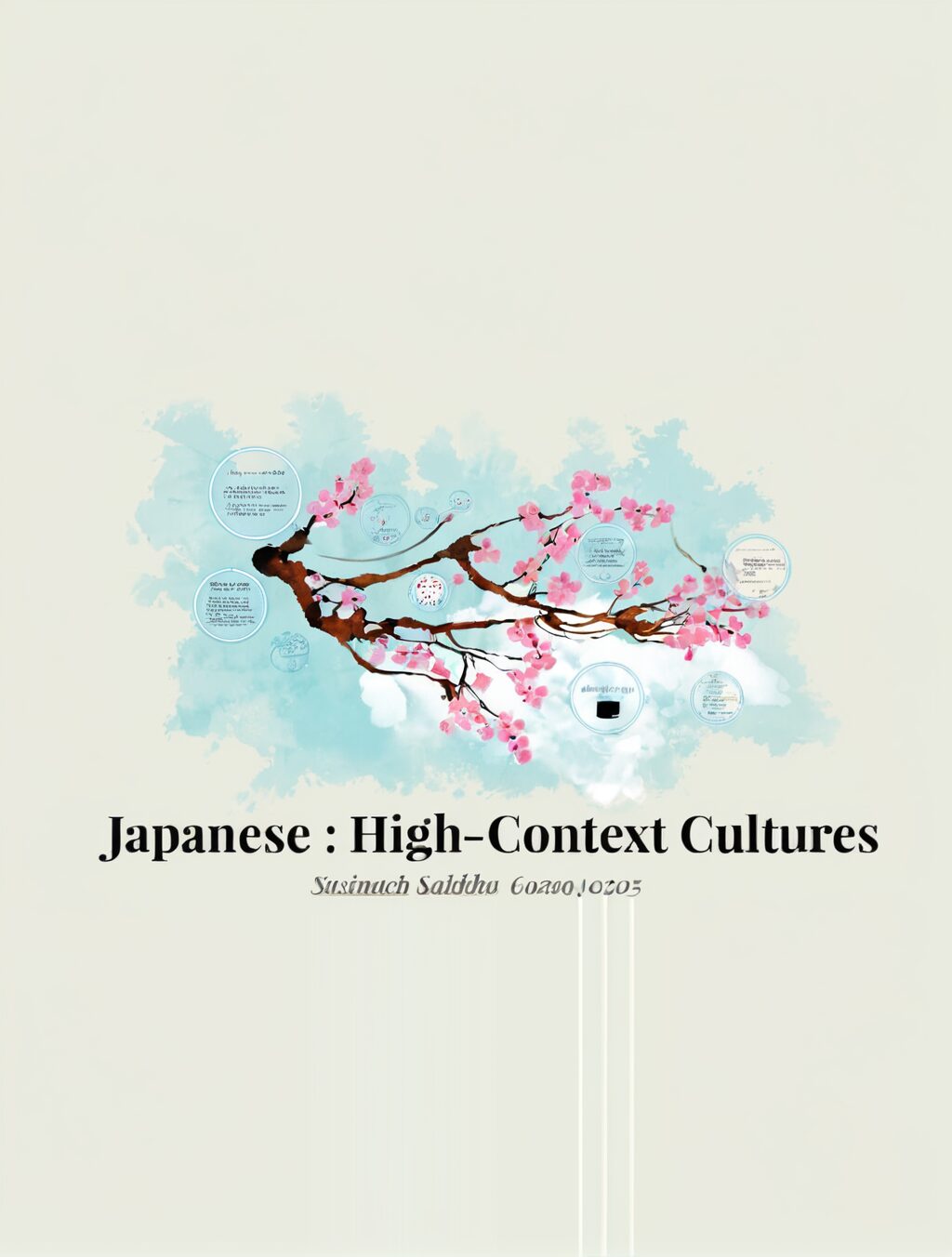
japan high context culture example
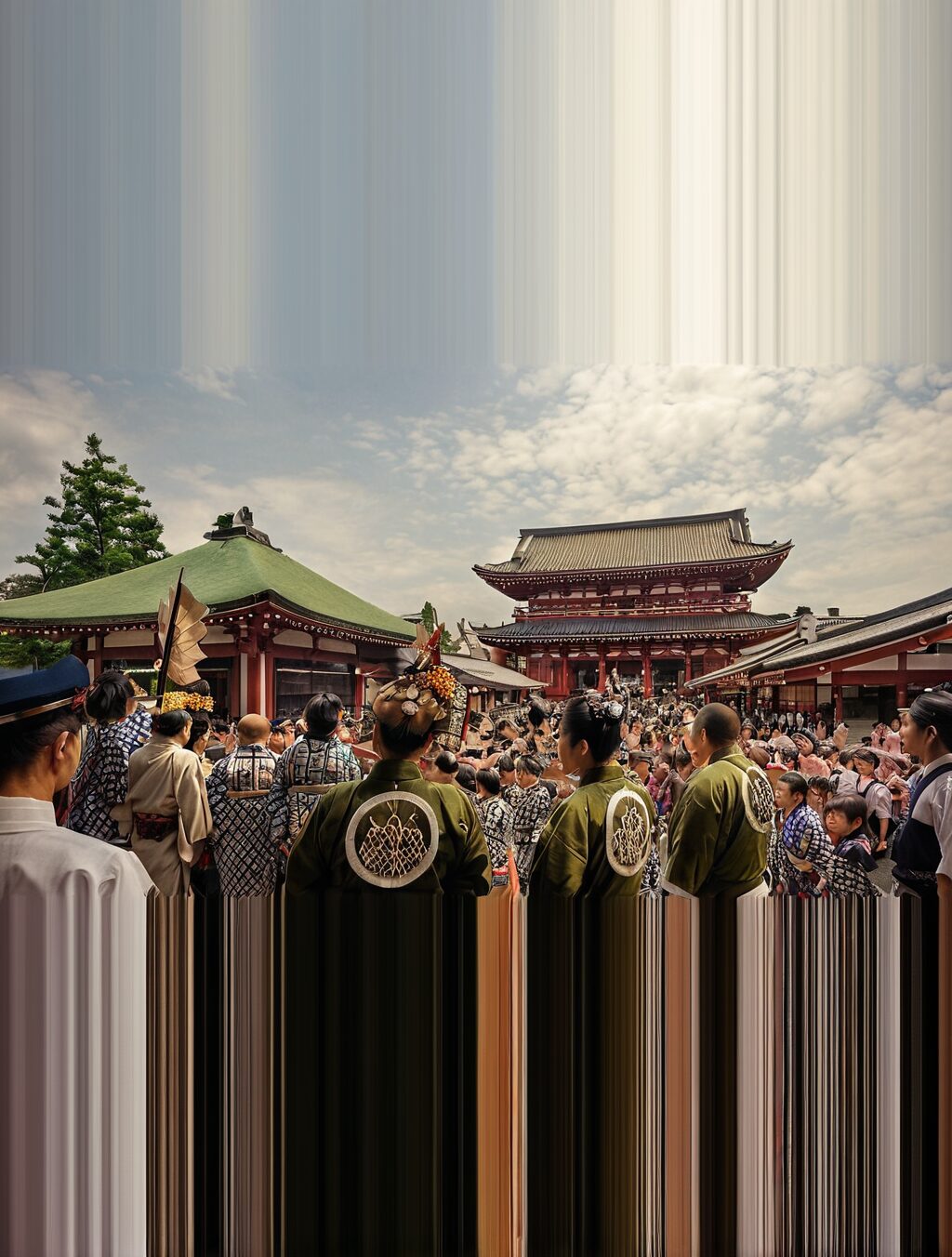
japan high context culture example
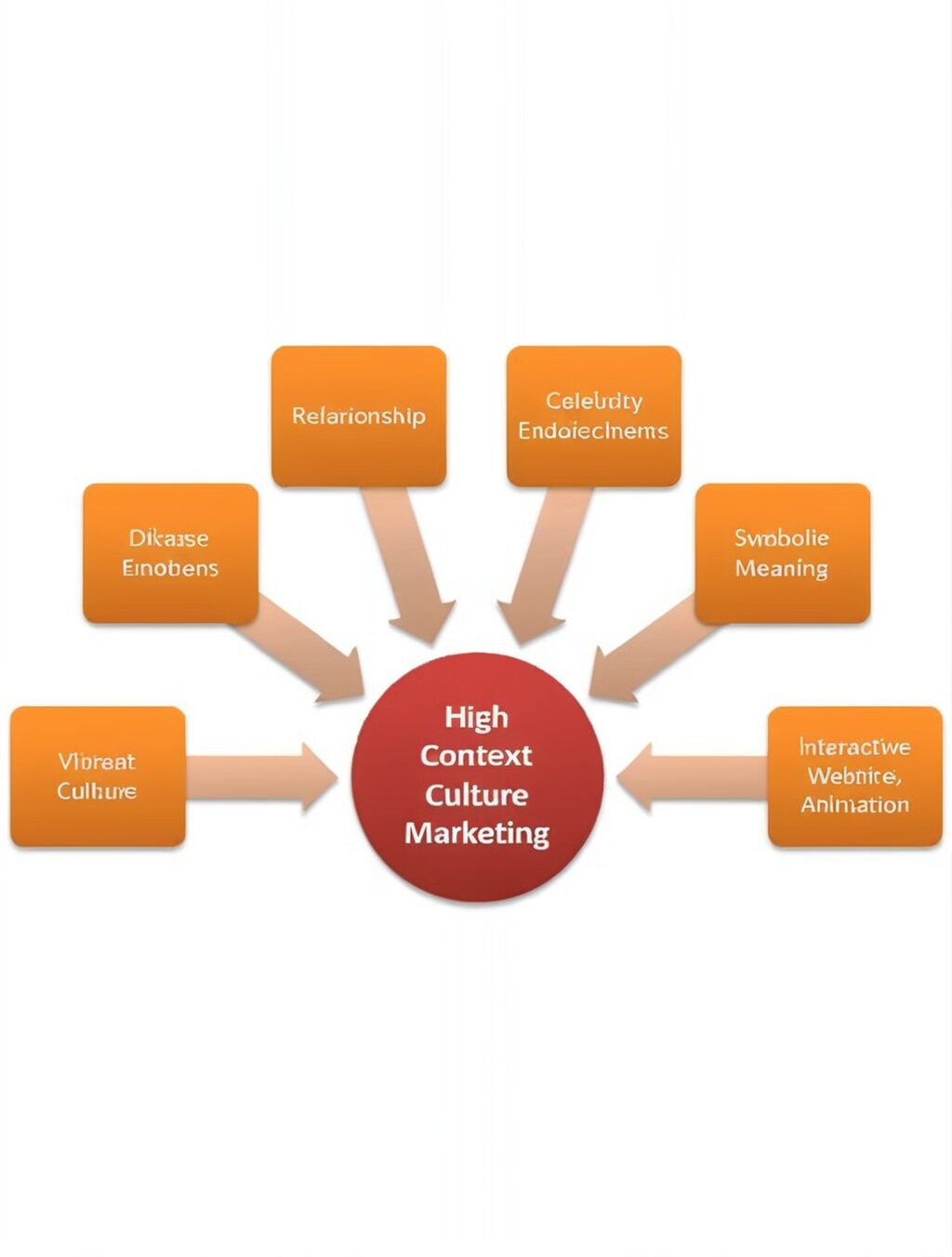
japan high context culture example

japan high context culture example
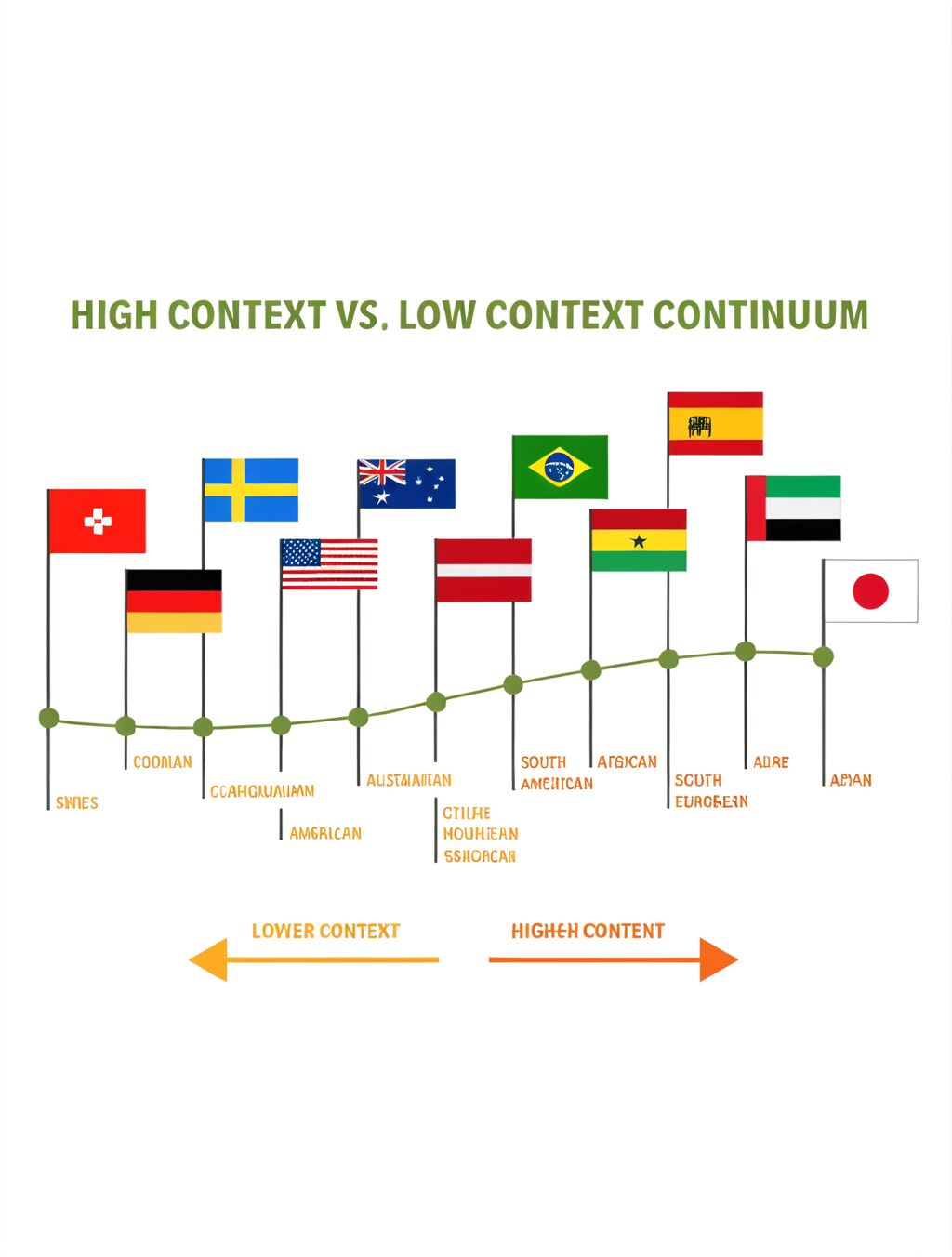
japan high context culture example
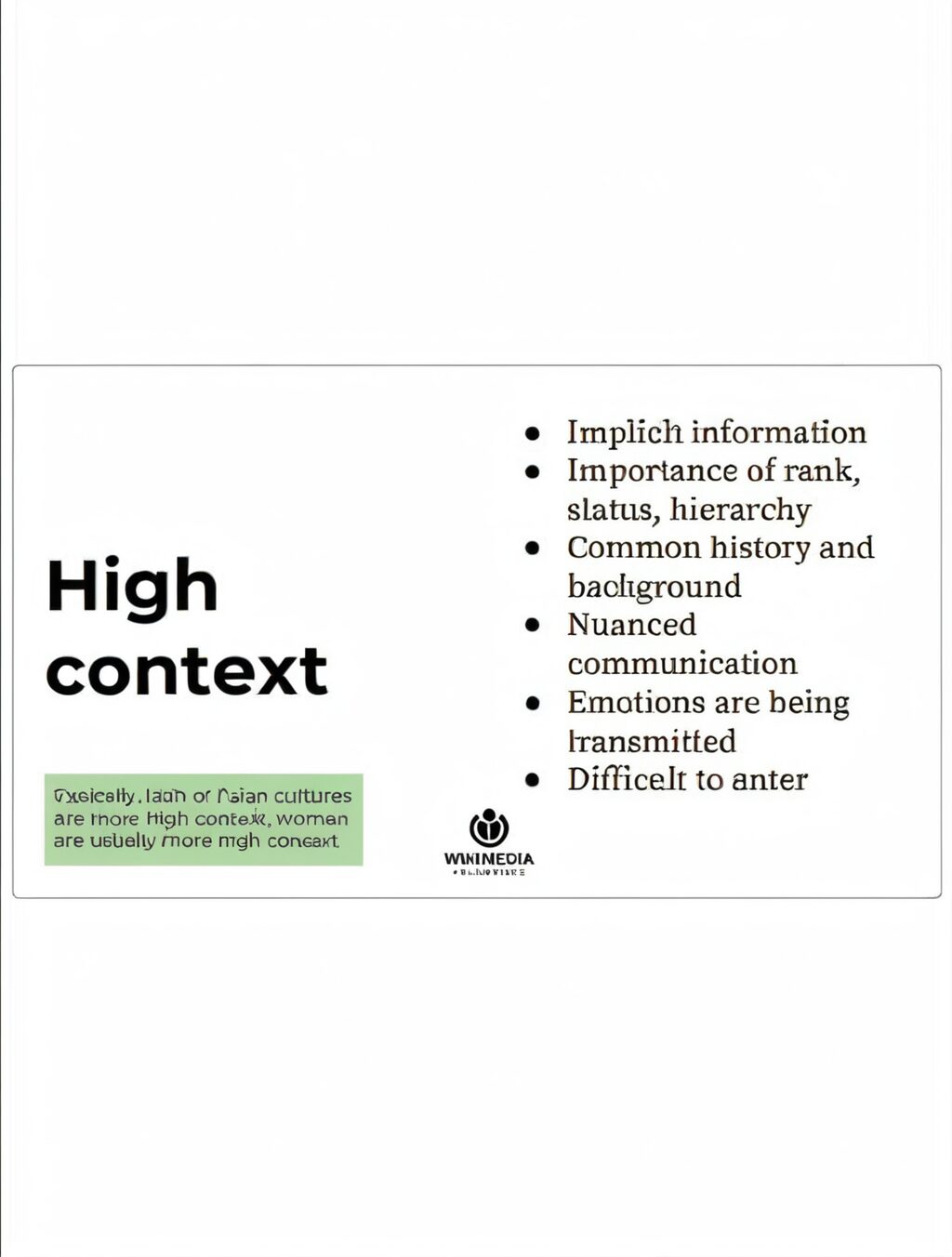
is japan a high or low context culture

is japan a high or low context culture
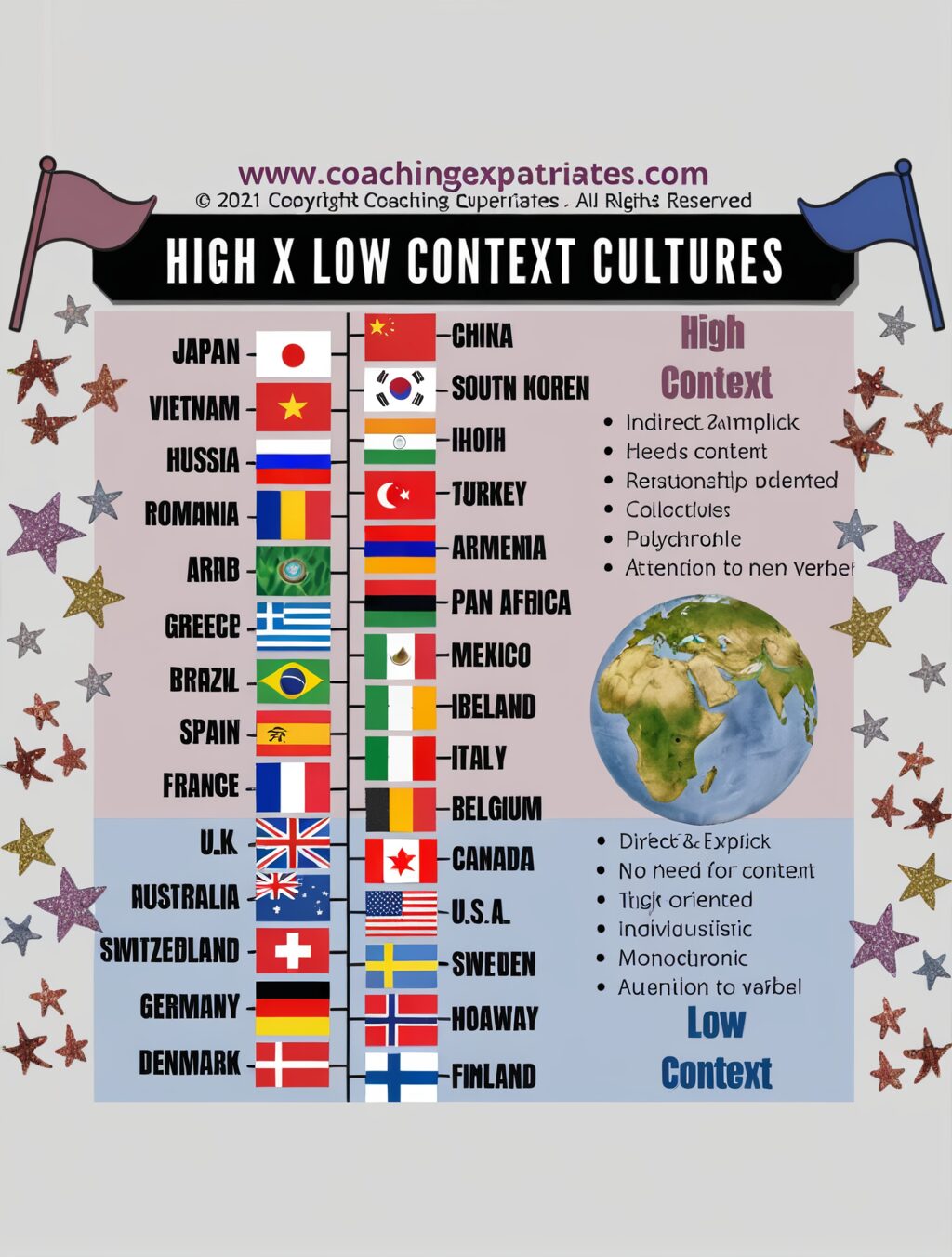
is japan a high or low context culture
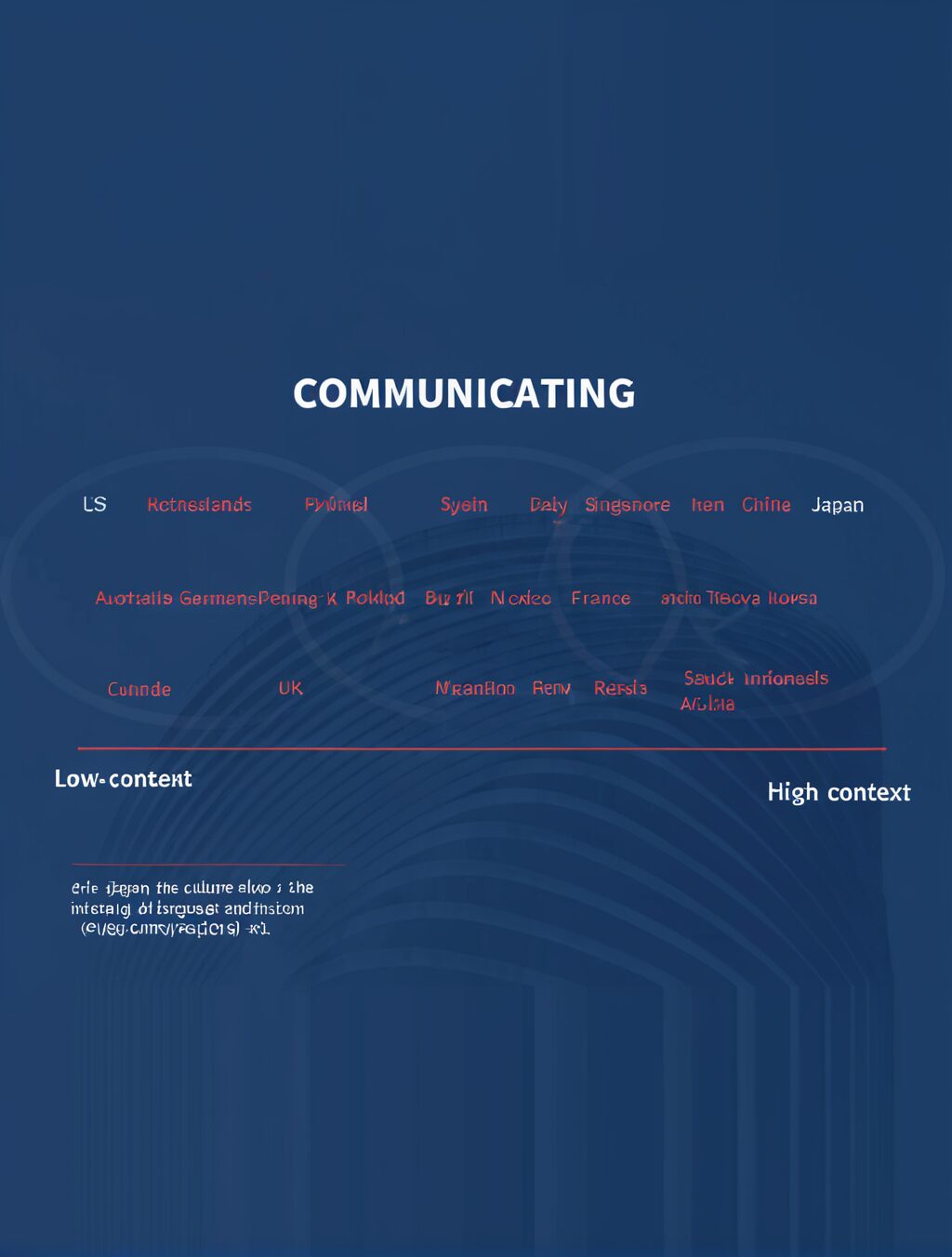
is japan a high or low context culture
